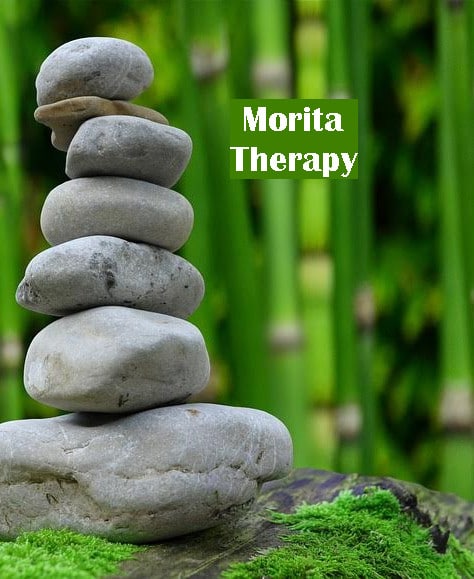“Each one of us is searching for his piece of sunshine and each one of us occasionally succumbs to his or her own darkness.”
Dr. Bharat Vatwani
THE UNITED STATES IS ONE OF THE MOST DEPRESSED COUNTRIES IN THE WORLD, according to the World Health Organization.
That’s kind of depressing. Let’s move on to substance abuse.
The U.S. now has the unusual distinction of being a society in which more people die from opioid addiction than car accidents, even though we have about 225 million drivers in this country.
And suicide? Some of the most troubled countries in the world have the lowest suicide rates (Syria, Afghanistan and Iraq) , while the United States, Germany and France have significantly higher suicide rates.
Another piece of evidence is the number of people receiving disability benefits due to a mental disorder. There are about 10 million people in the U.S. classified as disabled due to a mental disorder. In fact “mental disorder” is the largest single category for people who receive disability for any reason (i.e. accidents, injury, stroke).
Perhaps we should invest some money in improving the mental health treatment of Americans.
Actually, we do. We spend more than $200 billion dollars a year on treating mental health problems — more than we spend on cancer, heart disease or diabetes.
Over a 12-month period, 27 percent of adults in the U.S. will experience some sort of mental health disorder, making the U.S. the country with the highest prevalence. (World Health Organization).
Yet a Westernized approach to mental health treatment continues to expand and dominate mental health treatment globally.
Dr. China Mills, is a researcher and author of the book “Decolonizing Global Mental Health: the Psychiatrization of the Majority World.” She is critical of Western psychiatric definitions of suffering, in which the individual is pathologized, without addressing the harmful and unhealthy circumstances that are in play.
Mills points out that suffering is perceived as an “illness” and that biological explanations may actually increase stigmatization.
Mills also discusses “the emerging market of ‘mental disorder,’” calling attention to the uncritical promotion of pharmaceutical interventions above others. This is particularly concerning when non-Western countries are identified as an “untapped and emergent” opportunity for promising pharmaceutical sales growth.
“The huge financial incentive to frame distress as ‘mental disorder’ treatable by medications, alongside the widely documented unethical practices of the pharmaceutical industry — including concealing adverse effects of drugs found in clinical trials and testing potentially harmful new products on people living in poverty — marks a central area of contention for calls to mainstream mental health within development and warrants further exploration.” (Mills)
“In the U.S. mental health establishment there has been a consistent appeal for increased access to mental health resources. And there has been an increase in access, but the underlying diagnostic and treatment approach is rarely questioned, even though there is evidence that the $200 billion dollars that the U.S. spends annually on mental health treatment is not resulting in desirable outcomes.
Maybe it’s time we took a clear look at how we define good mental health, how we treat it, and how we address the issues that have the potential to influence it.”














